
Our research projects
Since 1987 the Macular Society has invested around £10 million in over 100 research projects. Each year we invite applications for research grants, PhD studentships and seedcorn grants which are assessed by our Research Committee.
Research grants
Research grants are for projects of up to three years duration and up to £300,000, which covers everything from laboratory chemicals to salaries.
PhD studentships
A PhD studentship funds a student to undertake a three year research project. The student submits a thesis for qualification of the degree, which is the highest level of academic degree attainable.
Seedcorn projects
A seedcorn grant is funding of up to £25,000 to generate preliminary data to advance innovative and novel ideas.
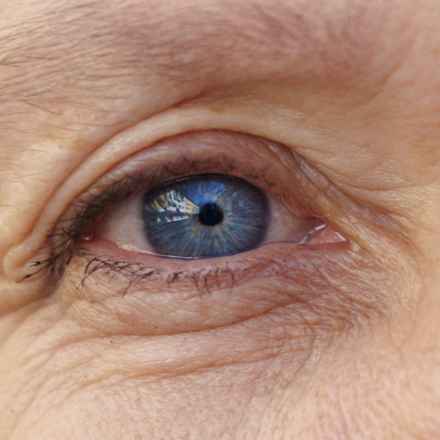
Uncovering early changes in the eye during AMD
Analysing a spectrum of human eye data could help to detect early AMD
Find out more

Developing artificial intelligence to predict AMD
Using machine learning to discover new features and markers of retinal ageing that can be used to predict how a person’s AMD will progress.
Find out more
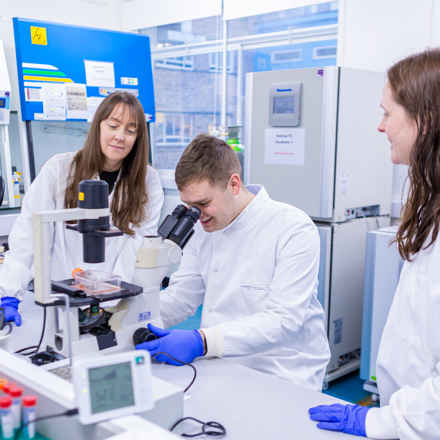
Developing an eye drop to treat dry age-related macular degeneration (AMD)
This project aims to develop a novel therapy for dry aged-related macular degeneration (AMD), delivered via an eye drop, which could reduce inflammation and restore cell health. The eye drop will include the recipe to make an important protein, known to be reduced in those with AMD.
Find out more
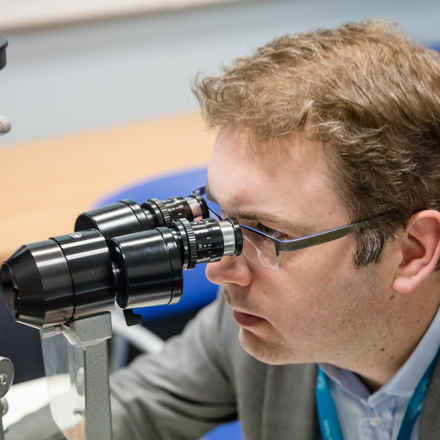
Using Artificial Intelligence to predict AMD progression
New AI programme to understand the development of AMD and the progression of wet AMD.
Find out more
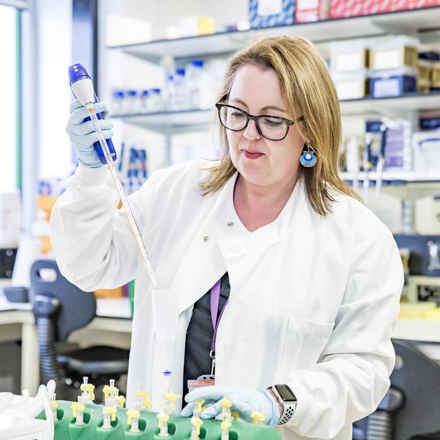
Switching off the genes that cause Best disease
Using new gene editing technique to turn off the faulty gene that causes vision loss in Best disease.
Find out more
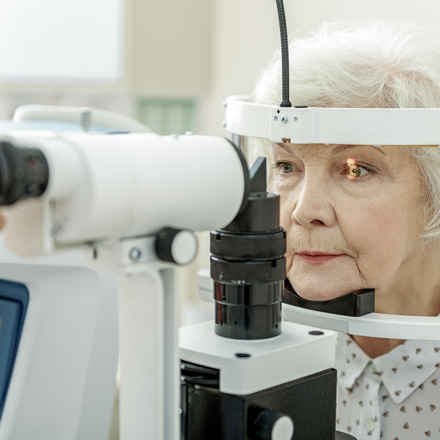
An implantable eye lens for macular disease
Magnifying intraocular lenses can be given to patients with macular disease. This will be the first trial to see if they help.
Find out more
